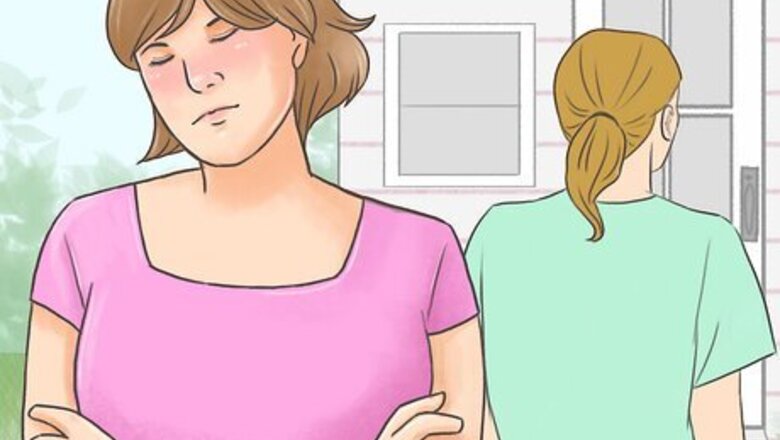
views
Caring for Your Own Well-Being
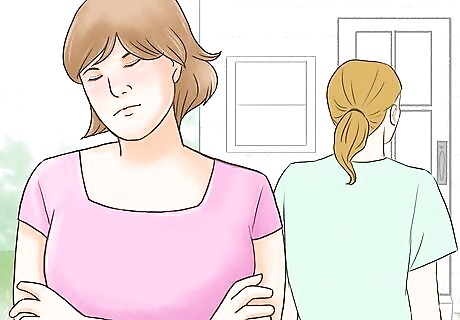
Distance yourself from your toxic parent. Getting some space from your parent will help you feel confident enough to stand up for yourself as an adult. Even if you don’t want to cut off contact with your parent, reduce your communication and visits for a while. See how you feel when your parent has a less prominent role in your life. Often people in toxic environments don’t realize how dysfunctional the people around them are. If you’ve spent a lot of time around your parent in the past, distancing yourself may provide some much-needed perspective on your situation. Try to establish relationships with other parent-type figures, such as aunts, uncles, grandparents, and close family friends. For example, when you spend some time apart from your mother and find other sources of support, you might recognize how little support she provides. Or, even more, you might notice that she not only doesn't offer support but requires it from you.
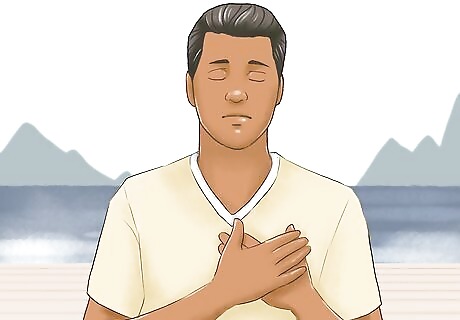
Take responsibility for your own emotional health. If one or both of your parents are toxic, you will have to give yourself the support and care they should have provided. This isn’t an ideal situation or a fair one, but the sooner you accept it, the sooner you can move on from your parent and work on healing yourself. Avoid holding out hope that your parent will see their mistakes and work with you to repair the relationship. If they were going to change, they would have done it a long time ago. Don't think that distancing yourself will miraculously change them, for instance. You need to be okay with getting time and space for your own emotional well-being--not simply to force them into changing.
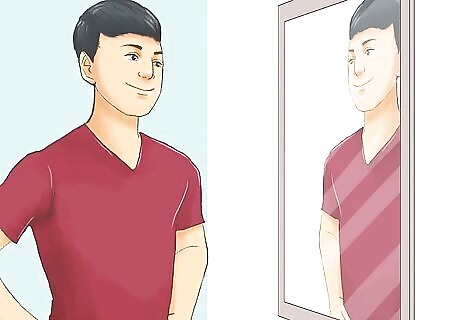
Build up your self-esteem. Challenging your negative self-talk is an effective way to start repairing the damage of a toxic upbringing. If your parent frequently made fun of you or put you down, you might be in the habit of criticizing yourself harshly – maybe even in their voice. But keep in mind that their behavior is not your responsibility. Practice shutting down this critical inner voice and reminding yourself of your strengths instead. For instance, if you catch yourself thinking “I’m nothing but a burden,” shut that thought down and recognize where it is coming from, such as by saying to yourself, “Those are my mother’s thoughts, not mine.” Then, replace the thought with, “I help my friends when they need it, and I’m productive at work.” Make a list of all your best attributes and slide it into your wallet or post it on your bathroom mirror. Review the list whenever you start doubting your abilities.
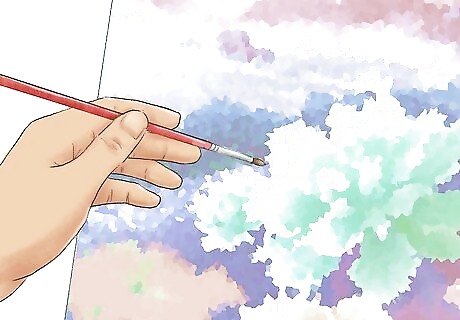
Practice good self-care. As an adult, you’re no longer dependent on your parents to take care of your physical and emotional health. Recognize and honor your own needs by adopting a healthy lifestyle and making time to relax. Several healthy habits that can make a big difference in the way you feel include eating a clean diet, getting eight hours of sleep every night, and getting some exercise most days of the week. You can take care of your emotional health by meditating, writing in a journal, or working on a creative hobby. Make sure to spend plenty of time around positive people who value you for who you are.
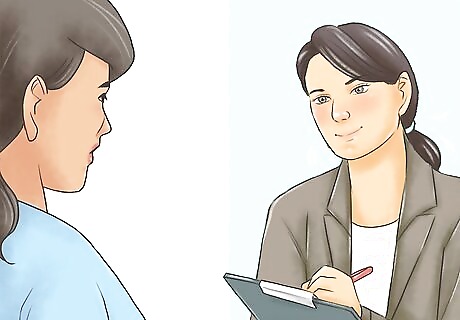
See a therapist. A mental health professional can help you work through your feelings towards your toxic parent. With their guidance, you can learn to respect yourself, cope with the pain your parent caused you, and move on with your life. Talk to your family doctor in order to receive a referral for mental health therapist who can help with your circumstances.
Setting Boundaries with Your Toxic Parent
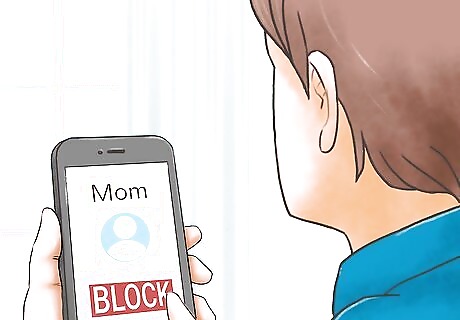
Think carefully about whether to go no contact. Making the decision to “divorce” a toxic parent can be very difficult. In some cases, cutting contact might be necessary for your mental health and happiness. In other cases, you may be able to maintain a relationship by setting better personal boundaries with your parent. Make this decision with your long-term well-being in mind. It might help to write out a pros and cons list. Write out all the benefits of getting distance with your parent versus any disadvantages you can think of. You might include pros such as "Peace of mind," while cons might be "Missing their presence."
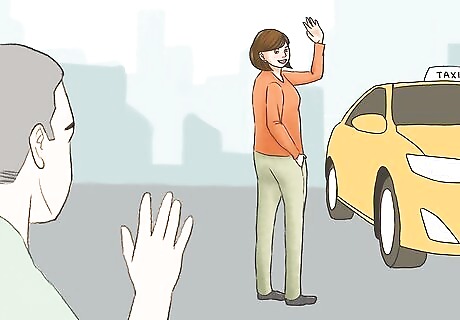
Avoid putting yourself at the mercy of your parent. If you decide to maintain your relationship with your parent, establish that you are an independent adult now. Don’t put yourself in situations where you won’t be able to leave if you need to. Instead, set limits on when and where you’ll see your parent. For instance, don’t stay overnight at your parent’s house and don’t let them drive you places. Consider meeting them in public instead of at home, so they’ll be less likely to say or do something hurtful.
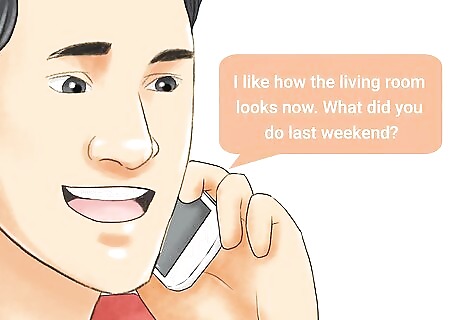
Take control of conversations. If your parent tends to hijack conversations by belittling you or bossing you around, change the topic instead of letting them continue. If that doesn’t work, tell them you have to go, and break off the conversation. For instance, if your mother is criticizing the way you’ve redecorated your house, you could redirect the conversation by saying, “I like how the living room looks now. What did you do last weekend?” Make sure that you always have an exit line or exit strategy to help you in these types of situations.
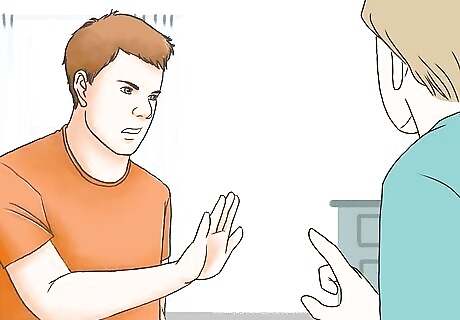
Let your parent know what behaviors you won’t accept any more. Set boundaries for what you’re not willing to live with. Then tell your parent what you need from them and what actions you will take if they don’t respect your boundaries. For example, say something like, “Dad, it’s not okay with me that you insult my husband when he’s not here. I need you to stop doing that around me, or I’ll have to leave.” Only set consequences that you can enforce. For instance, don’t threaten to leave unless you are prepared to do so.
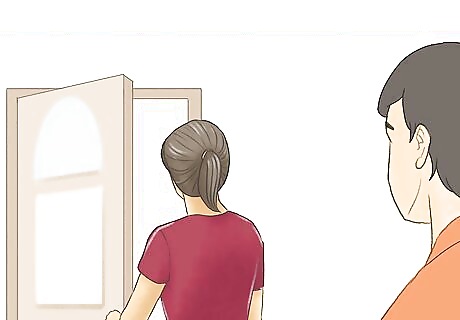
Walk away if your parent disrespects your boundaries. If your toxic parent ignores your requests, remove yourself from the situation. Stand up for yourself by walking away, hanging up the phone, or following through with another consequence. Your parent might try to test your boundaries to see if you really mean what you say. If your parent repeatedly disrespects your boundaries and seems unwilling to make an effort to cooperate, consider decreasing or ending your contact with them.
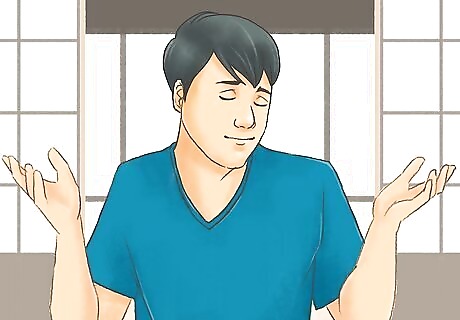
Accept who your parent is and stop trying to change them. Change your mindset by acknowledging and accepting who your parent is and giving up on trying to change them. Your parent will likely never accept responsibility for being toxic. To protect yourself, try to lower your expectations of your parent.
Building Healthy Relationships
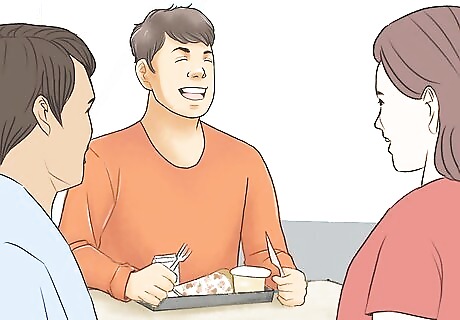
Cultivate relationships outside your family circle. Spend time with your friends regularly, or make new friends by reaching out to co-workers, classmates, and other people you see often. Social support is an important part of emotional health, and having a few good friends can help heal the hurt caused by a toxic parent. Take the initiative and join groups, classes or activities with people who have similar interests as you. Introduce yourself and ask questions about them. Choose to be with people who value your presence and who make you feel good about who you are as a person.

Choose friends who are emotionally healthy. People who grew up with toxic parents often subconsciously choose friends and romantic partners who recreate the same dynamic. Take a look at your social circle and evaluate whether your relationships are built on mutual liking, helpfulness, and trust. If you discover that you have some toxic friendships, it’s probably best to distance yourself from those people. Listen to your instincts when selecting new friends. Do you often feel uncomfortable, pressured, or frightened around them? Do they shame you into doing things you don't want to? Stay away from these types of people.
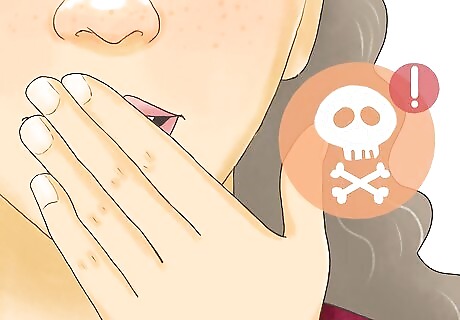
Look out for any toxic behaviors you may have inherited. You might not like to think about it, but it’s possible that you could have learned some toxic behaviors from your parent. Abuse and toxicity often run in families because children learn from the adults around them. Be aware of your own behavior and take steps to correct any negative habits you notice in yourself. Having a few learned toxic behaviors doesn’t mean you’re a toxic person, especially if you are willing to work on making changes.










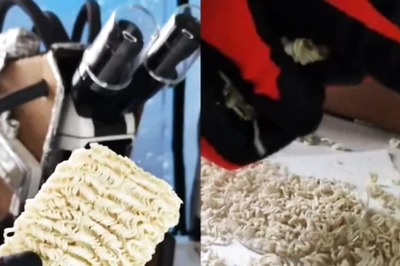

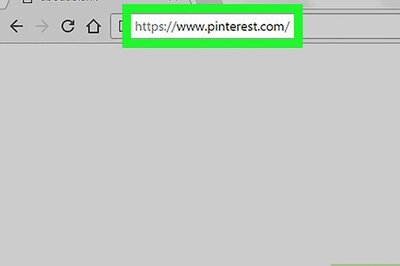
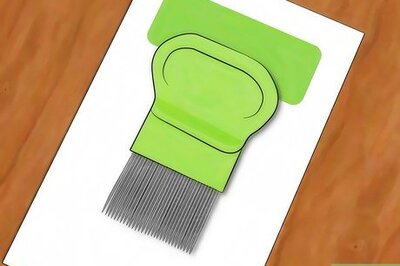



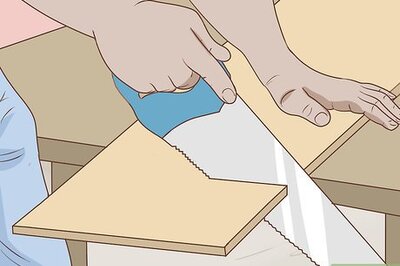
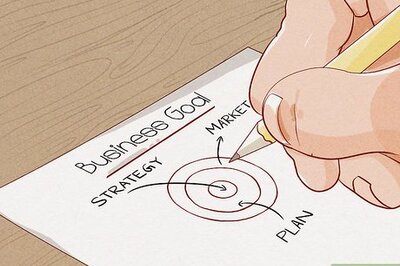
Comments
0 comment